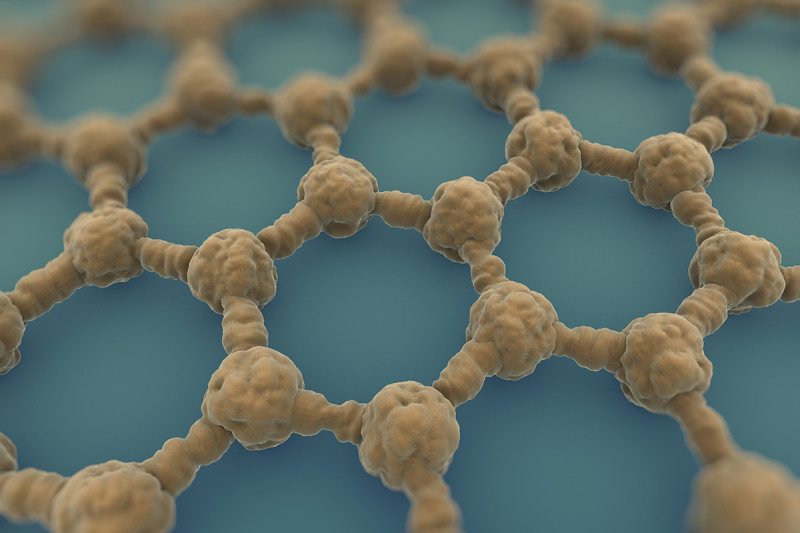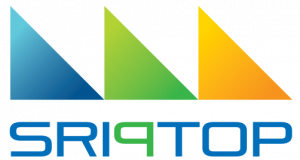
New materials play an important role in improving the quality of life. They enable technological progress in all areas of society, industry and domestic living environment, in transport, food, health care and information processing. The development of new materials also enables the use and exploitation of harmless, ecological and renewable sources and thus forms a basis for the sustainable development of the whole society. Industrial modern materials are classified as extremely high added value. For example. ceramics is one of the main areas of materials that is facing extremely rapid development in many new areas, for example, nanomaterials, biomaterials and materials with special optical properties. In Slovenia, modern inorganic materials at the research level are an important place and they are already ranked high on a global scale with their achievements. In addition, there are many companies in Slovenia that produce inorganic materials, components with different functional properties. These range from electronics, energy to engineering materials and represent an important production program of Slovenia, which covers in particular numerous niche product lines.
The vertical value chain “Advanced materials” derives from cross-sectional areas between materials, nanotechnologies, photonics and plasma, as well as processes of process control technologies. It focuses primarily on the field of inorganic non-metallic materials, where in the SRIP ToP we want to connect Slovenian manufacturers of materials, components and products, research institutes and universities. Our main goal is thus to build a platform of knowledge and experience that will serve to effectively transfer information on specific materials and technologies. Furthermore, our objectives relate to the development of joint research and development strategies in the fields
- Replacements of rare earths (eg neodymium and disproportion), which are currently the key elements in the production of certain permanent magnets, must be effectively replaced with less scarce raw materials due to the sensitivity of supply from the Asian markets.
- Implementation of the RoHS and the WEEE Directive, where the common market regulation under the RoHS Directive requires the replacement of harmful materials in various electronic components and electrical equipment. The main use of lead is the use of lead, which is a major element in many piezoelectric and ferroelectric materials, and effective substitution has not yet been developed by the actors. Furthermore, the WEEE Directive relates to recycling, which intends to recycle efficiently electronic components at the end of functional use and return them to the secondary raw material market. From these, in the final stage, it will be possible to produce products with properties that are comparable to products made up of primary raw materials.
- Identification and applications of joint research and development projects, development of new products and solutions in the field of key advanced materials.
Based on competence and capacity analysis, we identified the following focus areas:
- materials for electronics,
- materials for energy and
- engineering materials that are further subdivided into different product lines, such as, for example, varistors, PTCR thermistors, permanent magnets, piezoelectrics, etc.
The existing cross-sectional areas have been concentrated mainly within advanced materials, nanotechnologies, photonics and plasma.
In the SRIP Factories of the Future area, new horizontal networks cross-sectional areas such as robotics, control technologies, as well as vertical value chains, such as smart mechatronic tools, smart factory, advanced sensors are detected.
The cross-sectional areas possible within other SRIPs such as Materials Development as Final Products, Smart Buildings and the Wood Chain and Smart Cities and Communities (ICT).
Coordinator

dr. Kristina Žagar Soderžnik
Jožef Stefan Institute
K7- Department for nanostructured materials
Jamova cesta 39
SI-1000 Ljubljana
Mail: kristina.zagar(at)ijs.si
+386 31 605 374
Members
 | Helios TBLUS d.o.o. |
 | IJS Odsek za elektronsko keramiko – K5 |
 | IJS Nanostrukturni materiali – K7 |
 | IJS Raziskave sodobnih materialov – K9 |
 | RC eNeM d.o.o. |
 | Stelem d.o.o. |

